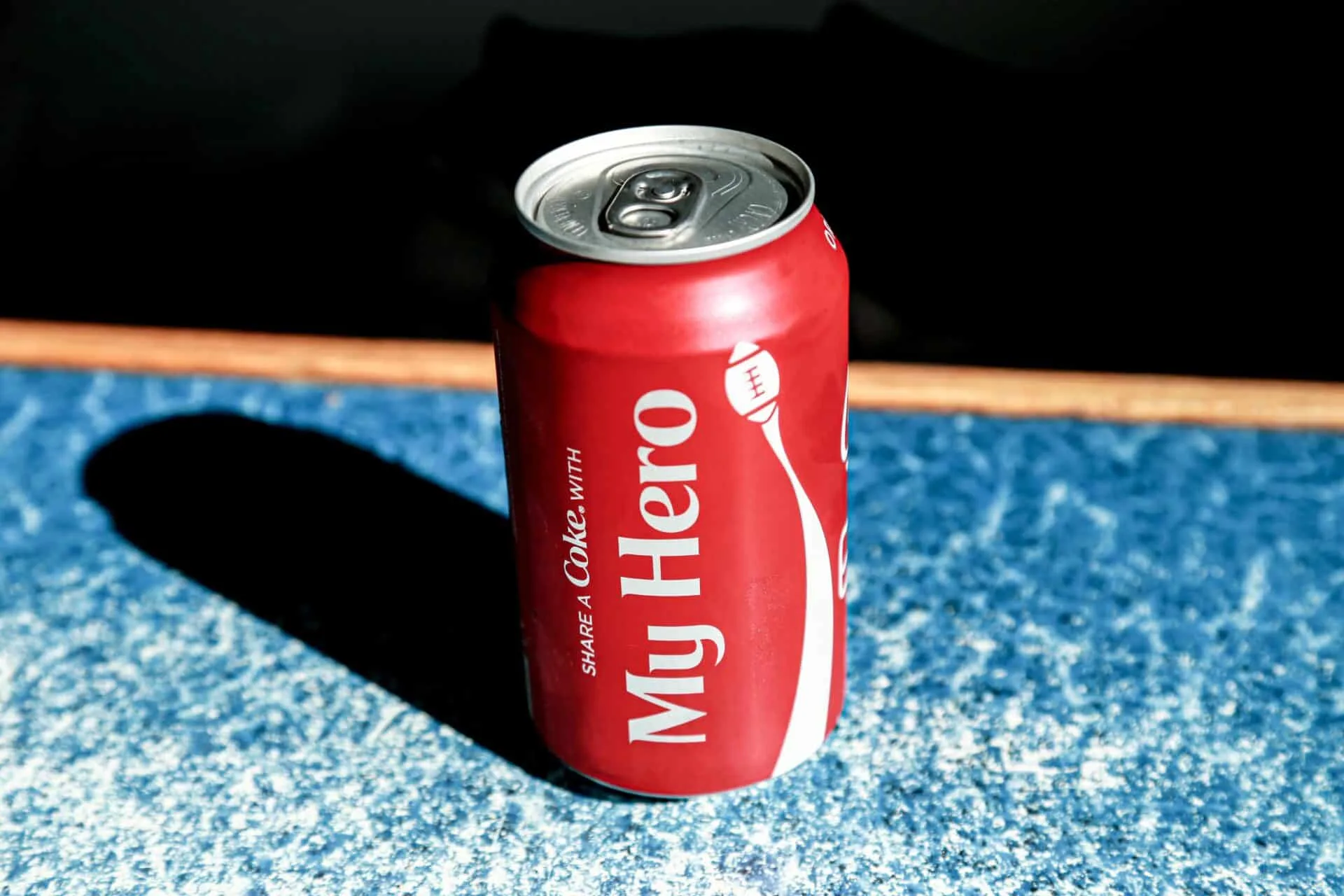Pineapples are a delicious and nutritious fruit that can be enjoyed in a variety of ways. From sweet desserts to savory dishes, pineapples can add a unique flavor and texture to any meal. But can you freeze pineapples? The answer is yes! Freezing pineapples is an easy way to preserve the fruit for future use or to simply enjoy the sweet taste of pineapple all year round. In this article, we will discuss the best ways to freeze pineapples so you can enjoy them any time you want.Yes, you can freeze pineapples. To do this, first peel and core the pineapple and then cut it into small pieces. Place the pieces in an airtight container or a freezer bag, removing all of the air from the bag before sealing it. The frozen pineapple can be kept for up to 6 months in the freezer.
Freezing Pineapples
Freezing pineapples is a great way to enjoy the sweet, juicy fruit all year round. It’s easy to do and can be added to smoothies, desserts and other recipes for a delicious boost of flavor. Plus, freezing pineapple can help you save money by reducing waste and preserving the fruit for longer. Here’s how to freeze pineapples quickly and easily.
The first step is to wash the pineapple with cold water to remove any dirt or debris. Peel off the skin with a sharp knife or vegetable peeler and then cut the fruit into cubes or slices. Make sure all pieces are roughly the same size so they will freeze evenly.
Once your pineapple is ready, spread out the pieces on a baking sheet lined with parchment paper. Place in the freezer for about two hours or until completely frozen. Once frozen, transfer the pieces into an airtight container or freezer-safe bag and store in the freezer for up to 6 months.
When you’re ready to use your frozen pineapple, simply thaw it in the refrigerator overnight or at room temperature for about 30-60 minutes before use. You can also microwave it for 30-60 seconds before adding it to recipes. Enjoy!
The Benefits of Freezing Pineapples
Freezing pineapples can be an excellent way to preserve their freshness and natural sweetness for longer periods of time. Not only does freezing help to maintain the flavor and texture of the pineapple, but it also helps to reduce waste. By freezing pineapple, you can enjoy the tropical fruit all year round. Here are some of the benefits of freezing pineapples:
Firstly, freezing pineapples preserves their flavor and texture for a long time. The cold temperatures help to lock in the natural sweetness and juiciness of the fruit, so that when you thaw them out, they taste just as good as when they were freshly cut. This makes it easy to enjoy a sweet and juicy pineapple at any time of year.
Secondly, freezing pineapples helps to reduce food waste. By preserving the fruit for longer periods of time, you don’t have to worry about buying too much or throwing away unused pineapple that has gone bad. You can also use any leftover pineapple in smoothies or other recipes by simply thawing out frozen pieces.
Finally, freezing pineapples is very easy and convenient. All you need is a freezer-safe container or bag and some space in your freezer. You can quickly freeze your pineapple slices or chunks and store them for up to 12 months without any loss in quality or flavor. This makes it easy to have delicious pineapple available whenever you need it!
In conclusion, freezing pineapples is an excellent way to preserve their freshness and natural sweetness for longer periods of time. Not only does it help maintain their flavor and texture, but it also helps reduce food waste by preserving small amounts for later use. Plus, it’s easy to do!
Is it Safe to Freeze Pineapples?
Yes, freezing pineapples is safe and can help extend the shelf-life of the fruit. Fresh pineapples can be stored in the refrigerator for up to five days, but freezing them can preserve them for months. When freezing pineapples, they should be washed and peeled before being sliced into chunks or wedges. The pineapple pieces should then be placed in a resealable plastic bag or airtight container and stored in the freezer. To thaw frozen pineapple, transfer it from the freezer to the refrigerator overnight until it reaches a temperature that is safe to eat. Frozen pineapples can also be defrosted in cold water for a few minutes until they reach room temperature.
When eating frozen pineapple, make sure to check for any ice crystals on the surface of the fruit as this could be an indication that it has been stored at too warm a temperature or defrosted and refrozen multiple times. Additionally, it is important to remember that once defrosted, frozen pineapple should not be refrozen as this could lead to bacterial growth on the fruit.
How to Store Frozen Pineapples
Storing frozen pineapples is a great way to ensure you always have them on hand for recipes or just a snack. When properly stored, frozen pineapple can last up to six months. To store your frozen pineapple, the most important thing is to keep it in an airtight container or bag. This will prevent freezer burn and keep the pineapple from absorbing odors from other items stored in the freezer. Make sure you are also labeling your container with the date it was frozen so you can keep track of how long it has been stored.
When freezing pineapple, remove any leaves and wash them before slicing into chunks or wedges. Place them in a single layer on a parchment-lined baking sheet and freeze until solid, about 1-2 hours. Then transfer the frozen pieces to an airtight storage container or bag and place back into the freezer for storage. This will help prevent them from sticking together and make it easier to portion out when needed.
When thawing frozen pineapple, place it in the refrigerator overnight or allow it to thaw at room temperature for 2-3 hours, depending on how much you need. Do not thaw pineapple at room temperature for longer than 3 hours as this may cause bacteria growth. If you do not plan on using all of your thawed pineapple within 24 hours, be sure to store any leftovers in an airtight container in the refrigerator for up to 3 days.

Thawing Frozen Pineapples
Thawing frozen pineapples is a great way to enjoy the sweet and juicy fruit all year round. It is important to properly thaw the pineapple so that it does not become too mushy or lose its flavor. Here are some tips for thawing frozen pineapples:
The first step is to remove the pineapple from the freezer and place it in a bowl. Make sure to cover the bowl with plastic wrap or a lid to prevent any moisture from escaping. Allow the pineapple to thaw in the fridge for at least four hours, or overnight if possible. If you’re in a hurry, you can place the pineapple in warm water for about 30 minutes until it has thawed completely.
Once the pineapple has thawed, you can cut it into cubes or slices depending on your preference. It is best to use a sharp knife when cutting so that you don’t end up with crushed pieces of pineapple. Once you have cut up your pineapple, you can eat it as is, or add it to salads, smoothies, or other recipes.
When storing leftover thawed pineapple, make sure that you place it in an airtight container and keep it refrigerated for up to four days. You can also freeze any leftover pineapple to enjoy later on – just make sure that you wrap each piece tightly in plastic wrap before putting it back into the freezer. By following these steps, you can easily enjoy fresh-tasting pineapples all year round!
What to do with Frozen Pineapples
Frozen pineapples are incredibly versatile and can be used in a variety of recipes, from smoothies and cocktails to desserts and main dishes. One great way to use frozen pineapple is to make smoothies or shakes. Simply combine the frozen pineapple with some yogurt or milk, add a few other ingredients like honey or bananas, and blend until smooth. The result is a refreshing and healthy beverage that’s perfect for breakfast or an afternoon snack.
Frozen pineapple is also great for making cocktails like piña coladas or margaritas. Just blend the frozen pineapple with your favorite spirits, ice, and other mixers for a delicious tropical drink that’s perfect for summertime. You can also use frozen pineapple in desserts like pies, tarts, cakes, and muffins. Just thaw it out first before adding it to your batter or filling.
For something savory, you can use frozen pineapple in stir-fries or salads for added flavor and texture. For stir-fries, simply thaw the pineapple first before adding it to the pan with your other ingredients. Or if you’re looking for something more creative, try adding some chopped up frozen pineapple to your favorite guacamole recipe for a sweet twist on the classic dip.
No matter how you decide to use it, frozen pineapple is sure to add some sweet flavor and texture to any dish!
Nutrition from Frozen Pineapples
Frozen pineapples are a great source of nutrition and can provide many health benefits. They are packed with vitamins, minerals, and fiber, making them an ideal snack or ingredient for meals. Frozen pineapples are also an excellent source of antioxidants, which can help protect against disease. Plus, they are low in calories and fat and high in fiber, making them a great addition to a healthy diet.
One cup of frozen pineapple chunks contains 82 calories, 1 gram of fat, 21 grams of carbohydrates, 2 grams of fiber and 1 gram of protein. It is also high in vitamin C (providing 73% of your daily value), manganese (providing 76% of your daily value), thiamin (24% DV), riboflavin (17% DV) and folate (11% DV).
Frozen pineapples contain bromelain, an enzyme that helps to reduce inflammation. It can be beneficial for those suffering from arthritis or other inflammatory conditions. Bromelain has also been linked to improved digestion by breaking down proteins in the stomach more easily.
The antioxidants found in frozen pineapples may also help protect against certain types of cancer. Research has shown that these compounds may help reduce the risk of developing certain types of cancers such as stomach and colon cancer.
Frozen pineapples can be used in many different ways to make delicious dishes such as smoothies or desserts. They can also be added to salads or stir-fries for a burst of flavor and texture. You can even add them to oatmeal or yogurt for a nutritious breakfast option!
Overall, frozen pineapples are an excellent source of nutrition that can provide many health benefits when included in your diet regularly. Whether you’re looking for a snack or need an ingredient for your next meal, give frozen pineapple chunks a try!

Conclusion
Yes, you can freeze pineapples. It is an excellent way to store and preserve them for a longer period of time. The process of freezing is quite simple and doesn’t require any special equipment. You can either freeze the whole pineapple or cut it into smaller pieces before freezing it.
Freezing pineapples will not only help to keep them fresh but also help to preserve their flavor and texture. Furthermore, frozen pineapples are very convenient as they can be used in a variety of recipes such as smoothies, salads, desserts, and much more!
In conclusion, freezing pineapples is an effective way to store them for a longer period of time, without compromising on their flavor and texture. So the next time you buy too many fresh pineapples, don’t worry about them going bad – just throw them in the freezer!



